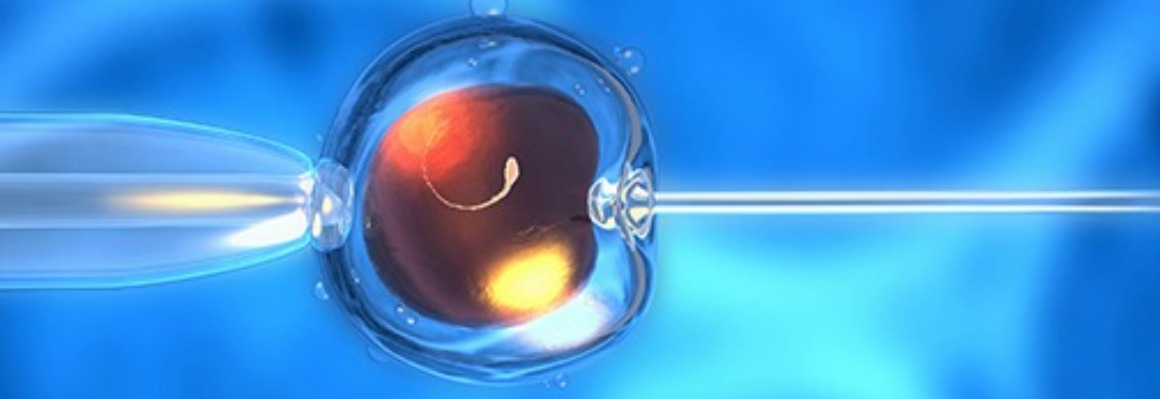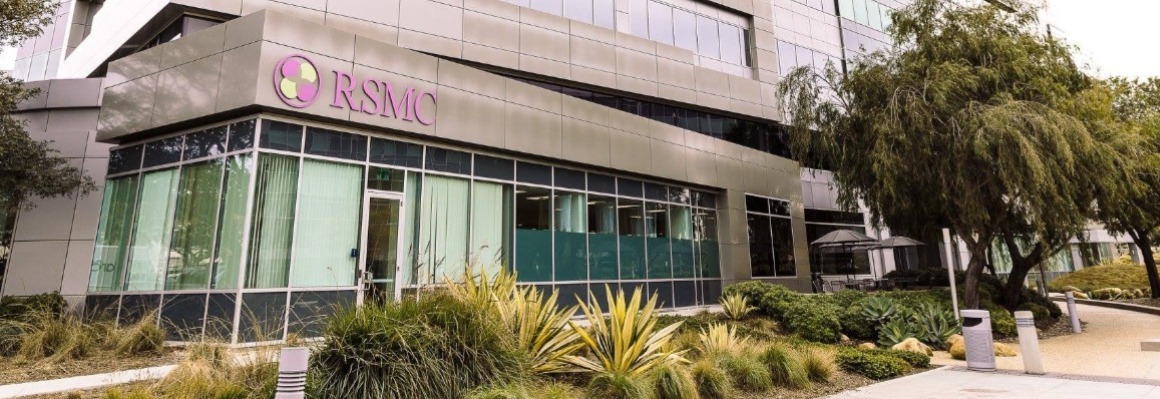Should You Choose Egg Freezing or Embryo Freezing for IVF?

With advances in medical technology, more women are considering delaying childbearing and are faced with a tough decision: should they freeze their eggs or embryos? While both methods aim to preserve fertility, they differ significantly in terms of suitability and legal implications. RSMC is here to provide a detailed analysis to help you make an informed decision.
Egg Freezing: A Modern Choice for Women
Egg freezing involves extracting a woman's eggs and immediately freezing them for future use. After ovarian stimulation, healthy eggs are retrieved and then undergo vitrification, a rapid freezing process, in liquid nitrogen at -196°C. The eggs are carefully examined under a high-powered microscope to assess their maturity and any fragmentation; only mature eggs are frozen. When the woman is ready to conceive, the eggs can be thawed and used.
Egg freezing is particularly suitable for women who have not yet found a partner or those who need to undergo medical treatments that might affect egg quality. The primary goal of egg freezing is to preserve future fertility options, giving women more control over their reproductive plans. For instance, even if you freeze your eggs in Taiwan, same-sex couples can transport them internationally to RSMC for IVF with donor sperm. This option also supports single women who prefer not to be tied down by marriage but wish to pursue single parenthood. By freezing eggs before the age of 35, you essentially secure a fertility backup plan for the future.
Further Reading:
The Complete Guide to Having a Baby With the Help of a Sperm Donor.
Embryo Freezing: The Optimal Choice for Couples
Embryo freezing involves retrieving multiple eggs in a stimulation cycle, fertilizing them in vitro to create embryos. If implantation is not planned immediately or if there are remaining embryos after implantation, high-quality embryos can be frozen for future use. When conditions are favorable, these frozen embryos can be thawed and implanted into the uterus. The survival rate of thawed embryos that have undergone PGS genetic screening is approximately 90%, with RSMC achieving an impressive 99.99% embryo thawing success rate.
Unlike egg freezing, embryo freezing involves storing fertilized eggs (embryos). In Asia, embryo freezing typically requires the status of a legally recognized couple. In some cases, couples may choose to freeze embryos due to the time required for PGS genetic screening or to adjust the timing of implantation. Many older couples who have faced multiple failed IVF attempts may opt to transport their remaining frozen embryos to the US for successful surrogacy solutions.
For same-sex couples needing donor sperm, embryo freezing is often more effective than egg freezing. Embryos are stronger and, if eggs are frozen and transported to the US for fertilization, embryos passing PGS genetic screening can ensure high-quality, gender-specific embryos. Egg freezing only determines egg maturity; the quality of the embryos can only be assessed after fertilization, which can impact future success rates. If PGS results are not ideal, there is still time to freeze more eggs and create new embryos.

Using a Surrogate Mother Requires PGS-Approved Embryos
From a technical standpoint, whether embryos or eggs are frozen, there is no significant difference in the survival rate of thawed embryos after 1 year, 3 years, or 10 years of storage. As more people consider surrogacy in the U.S. due to busy work schedules, health conditions, or the desire for U.S. citizenship, it is crucial that the embryos used for surrogacy are PGS (Preimplantation Genetic Screening) approved. Embryos that are mosaic or do not meet the PGS criteria are not allowed to be implanted into the surrogate mother. Therefore, if you are planning for surrogacy in the future, it is advisable to have multiple PGS-approved embryos frozen in advance to await implantation.
Let RSMC, with 30 Years of Expertise in Reproductive Medicine, Help You Achieve Successful Parenthood
RSMC boasts a higher PGS embryo approval rate compared to the U.S. average, with a success rate exceeding 80% in both egg donation IVF and surrogacy, particularly in challenging cases involving advanced maternal age. Leveraging the expertise of four top U.S. reproductive specialists with over 30 years of experience and an internationally accredited CLIA and CAP-certified embryology lab, our embryos can be cultured for up to 7.5 days. The PGS approval rate for embryos from women aged 42 and above is 11.56% higher than the U.S. average! We offer hundreds of customized medical plans to design the perfect future family for you. Contact us via Line / WeChat: rsmctw, or WhatsApp: +1 858-342-6046.

DR. DAVID HARARI
President and Chief Medical Officer
As a board-certified OB/GYN since 1986, Dr. Harari has treated many infertile couples over his career, utilizing surgical technologies such as robotics and minimally invasive procedures for the treatment of endometriosis, fibroids, and other gynecologic conditions. He has been instrumental in helping thousands of couples build the family of their dreams through both IVF and surrogacy.
About Dr. David Harari
Other
-
2024/11/18ivf
What is a Uterine Polyp? Does It Affect Fertility?



